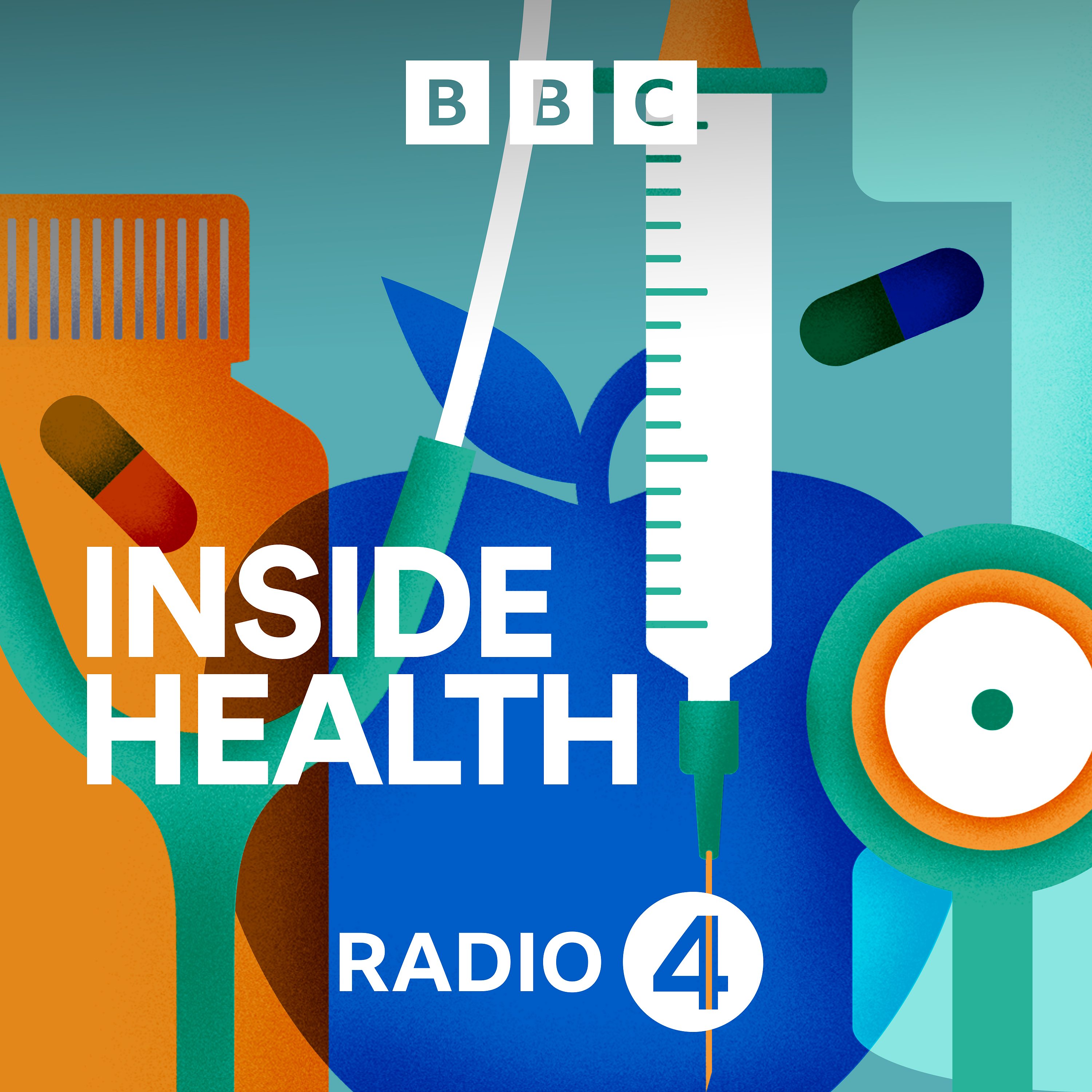- Health
- SEE MORE
- classical
- general
- talk
- News
- Family
- Bürgerfunk
- pop
- Islam
- soul
- jazz
- Comedy
- humor
- wissenschaft
- opera
- baroque
- gesellschaft
- theater
- Local
- alternative
- electro
- rock
- rap
- lifestyle
- Music
- como
- RNE
- ballads
- greek
- Buddhism
- deportes
- christian
- Technology
- piano
- djs
- Dance
- dutch
- flamenco
- social
- hope
- christian rock
- academia
- afrique
- Business
- musique
- ελληνική-μουσική
- religion
- World radio
- Zarzuela
- travel
- World
- NFL
- media
- Art
- public
- Sports
- Gospel
- st.
- baptist
- Leisure
- Kids & Family
- musical
- club
- Culture
- Health & Fitness
- True Crime
- Fiction
- children
- Society & Culture
- TV & Film
- gold
- kunst
- música
- gay
- Natural
- a
- francais
- bach
- economics
- kultur
- evangelical
- tech
- Opinion
- Government
- gaming
- College
- technik
- History
- Jesus
- radio
- movies
- services
- Church
- podcast
- Education
- international
- Transportation
- Other
- kids
- podcasts
- philadelphia
- Noticias
- love
- sport
- Salud
- film
- and
- 4chan
- Disco
- Stories
- fashion
- Arts
- interviews
- hardstyle
- entertainment
- humour
- medieval
- literature
- alma
- Cultura
- video
- TV
- Science
- en
What difference could new Alzheimers disease drugs make?

Until recently, breakthroughs in treating Alzheimer\u2019s disease were non-existent. But two new drugs have shown promise in moderately slowing memory and thinking problems for people with early-stage disease. While welcoming the idea of a \u2018new era\u2019 for treating Alzheimer\u2019s disease, how much of a difference could these drugs make for people living with the condition?
James Gallagher visits a Memory Caf\xe9 in Doynton to hear about the daily challenges people living with dementia face, and their feelings about the new treatments on the horizon. Lauren Walker, Alzheimer\u2019s disease researcher at Newcastle University, gives an overview of the protein these drugs target in the brain, and Liz Coulthard, Professor of Cognitive Neurology at the University of Bristol, explains how these treatments might impact patient's lives.\n \nAfter listening to our \u201cHow hot is too hot for human health?\u201d programme, one of our listeners contacted insidehealth@bbc.co.uk to ask how the heat experienced during a hot flush impacts the body. James asks Clare Eglin, lecturer in applied physiology at the University of Portsmouth, what happens in the body during a hot flush and hears about how many others symptoms are actually caused by the menopause from GP, Margaret McCartney.
Presenter: James Gallagher \nProducer: Julia Ravey \nEditor: Erika Wright \nProduction Co-ordinator: Johnathan Harris \nTechnical Producer: Tim Heffer